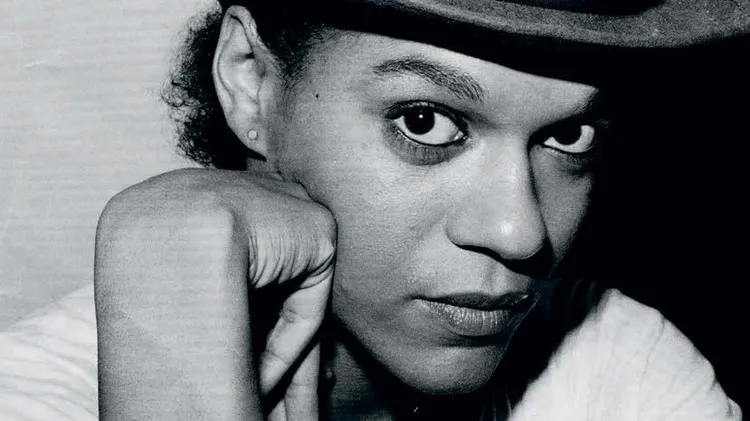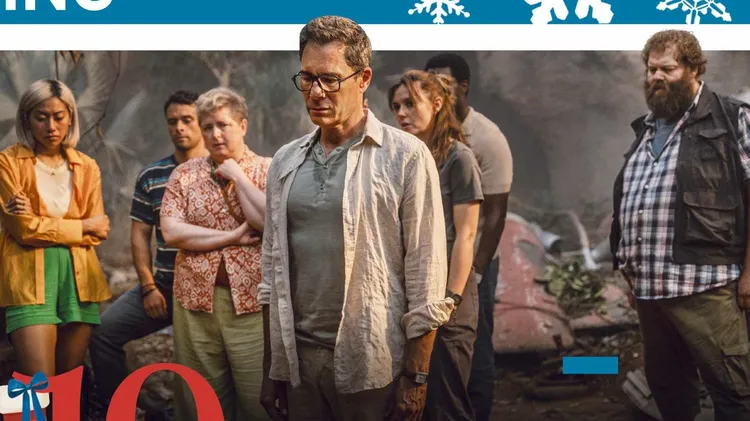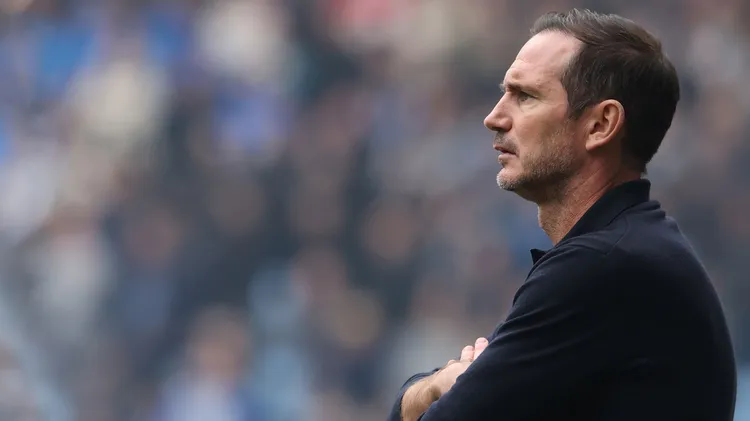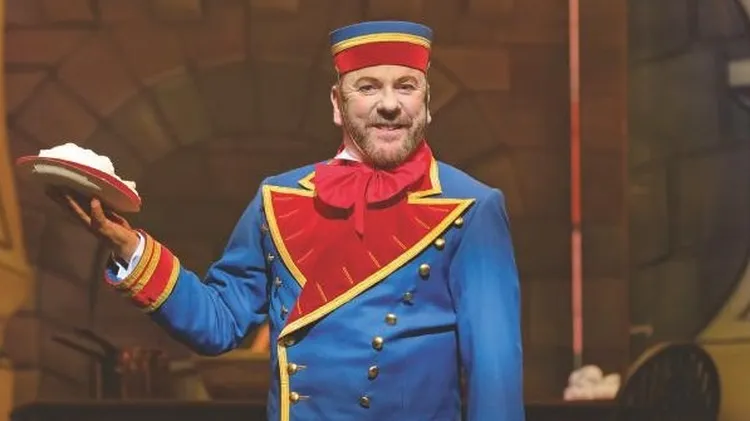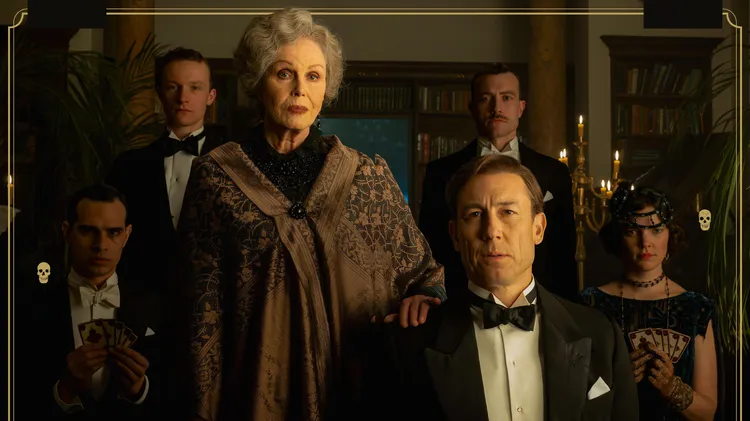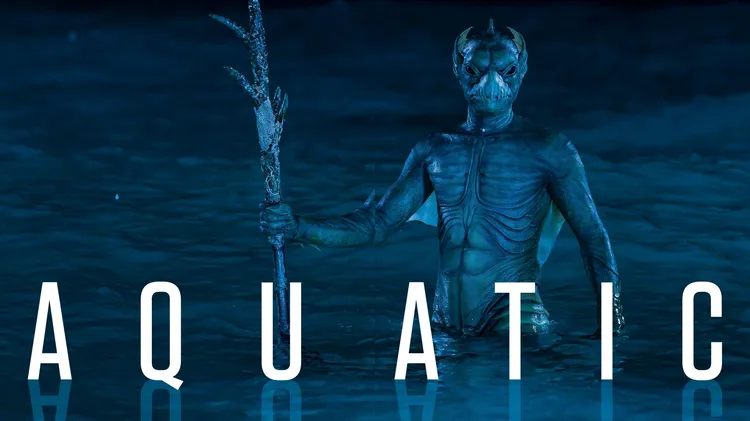This
‘a townor a citywithout artand cultureis likea roomwithout wwindows.no lightgets in’
7 min read
This article is from...
Read this article and 8000+ more magazines and newspapers on Readly

